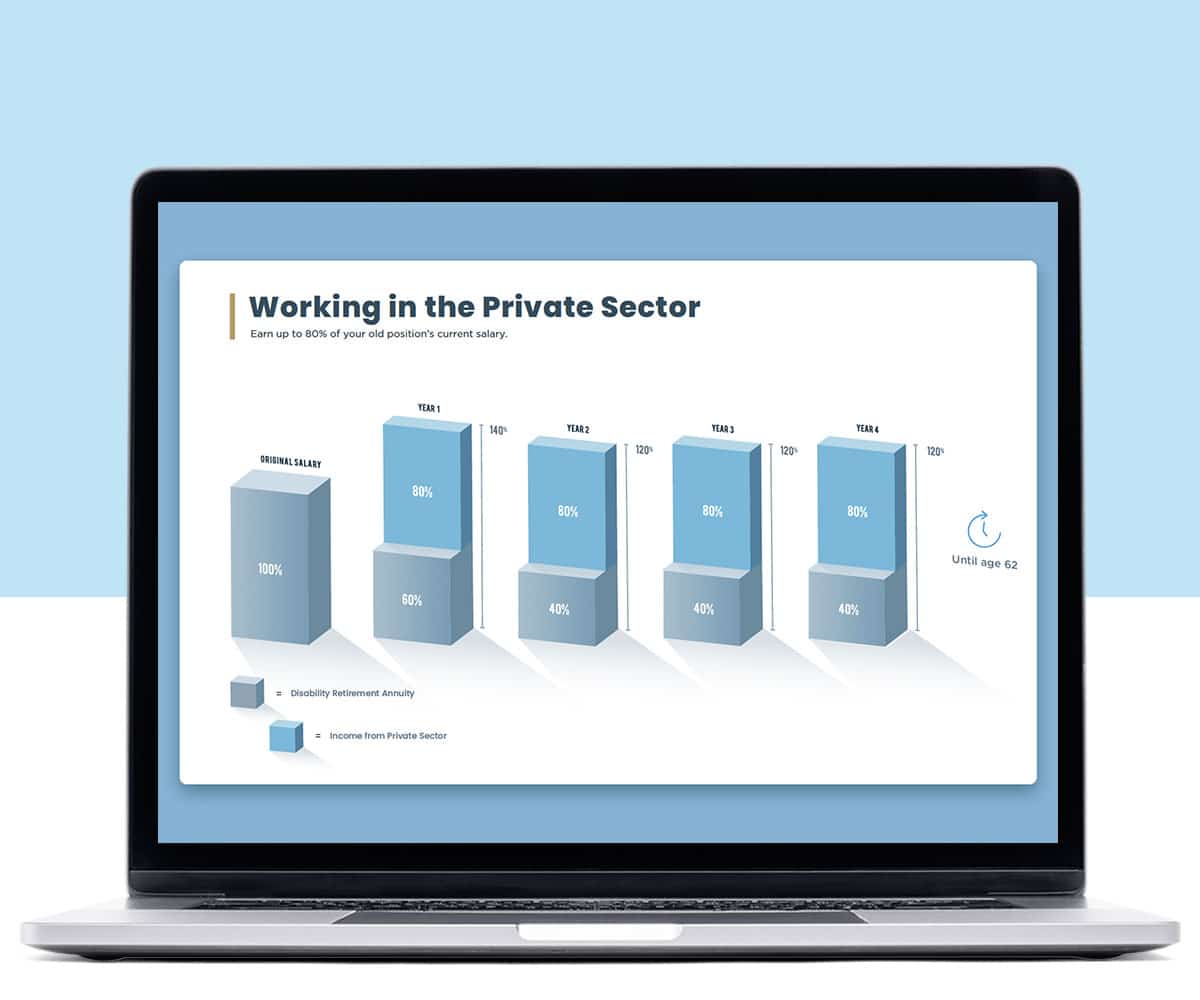
The Office of Personnel Management is using the results of a government-wide survey to show they must do a better job of training and retraining federal managers and supervisors throughout their careers.
Mark Reinhold is OPM’s associate director for employee services and he announced, in a May 21st memo to human resources director, the results of the agency’s Federal Supervisory Training Program Survey. The survey, conducted in 2016 in compliance with the Government Accountability Office’s recommendations, focuses on how to improve performance management among supervisors.
In March 2015, GAO found agencies must do a better job of supervising new employees/managers during their probationary periods. OPM is making recommendations to help improve accessibility, adequacy, and effectiveness of supervisory training.
“While the federal government requires supervisory training, the development, implementation, and evaluation of these types of training programs have been left to the discretion of the individual agencies,” Mark Reinhold wrote in the memo. “Agencies have the flexibility to implement learning and development requirements and recommendations in consideration of mission needs and funding availability. As a result, there is inconsistent delivery and availability of supervisory training across agencies.”
The survey found:
On mandatory training topics…
- 84% of participants indicated their agency’s new supervisory training curriculum included mandatory training topics such as mentoring, performance and productivity, performance appraisals, and dealing with employees with unacceptable performance
- 63% of participants indicated their agency included mandatory training topics in experienced supervisory training programs
HR related technical knowledge and leadership…
- 69% indicated they included the recommended HR-related technical knowledge and leadership competencies in new supervisors training program curriculums
- 54% included the recommended topics in the experienced supervisors training program curriculum
- 27% said aspiring leader/team lead training curriculums incorporated the recommended training topics
Types of Learning…
- The top 4 approaches of all leadership curriculums were the same: onsite classroom courses, computer-based instruction, off-site courses, and workshops.
- Reinhold wrote, “OPM encourages agencies to provide coaching services as a supplement to leadership development efforts at all levels because it is considered one of the most effective leadership development interventions. Furthermore, coaching can improve federal supervisors’ interpersonal skills, thereby enhancing the supervisor-employee relationship and ultimately maximizing employee performance.”
Evaluation of training programs…
- The top 5 metrics used to evaluate include:
- Satisfaction level of the training
- Number of supervisors trained
- Supervisor satisfaction level
- Number of courses delivered
- Change in knowledge, attitudes, and skills specific to the courses delivered
- “These top 5 metrics only reflect activities, reaction, and learning, as opposed to the application of the learned skills and impact. These metrics cannot…determine the adequacy of a supervisory training program or it’s meaningful contribution to agency outcomes,” Reinhold wrote. “Agencies are encouraged to determine where supervisory training belongs in the overall business strategy. Supervisory training that is woven into the business strategy contributes measurable and meaningful changes in business processes, systems, people, and the agency culture.”
OPM’s Recommendations
To bring consistency to the training programs, OPM recommends:
-
Every supervisory training program should begin with specific business requirements. Agencies should design and evaluate training programs with the lines of business impacted by the training.
-
Agencies build leadership capability at all levels to support effective succession management. Further, agencies should provide additional training opportunities for aspiring leaders/team leads on HR-related technical knowledge and leadership competencies. This will reduce the need for intensive training after an employee receives their 1st supervisory role.
-
Agencies take a broader approach to supervisory training and continue using OPM’s Federal Supervisory and Managerial Frameworks and Guidance to design training curriculum, complete competency needs assessment, develop training solutions, and ensure compliance with training requirements.
-
New and experienced supervisors have individual development plans (IDP’s) to improve accountability of training requirements, improve current job performance, and measure their development progress.
-
Agencies develop an evaluation strategy that aligns with organizational strategy to obtain more robust and meaningful contributions to agency outcomes. Useful evaluations will result in increased capacity, consistently dedicated resources, and evidence-based program decisions.



 Hi, ready to schedule a free consultation?
Hi, ready to schedule a free consultation?